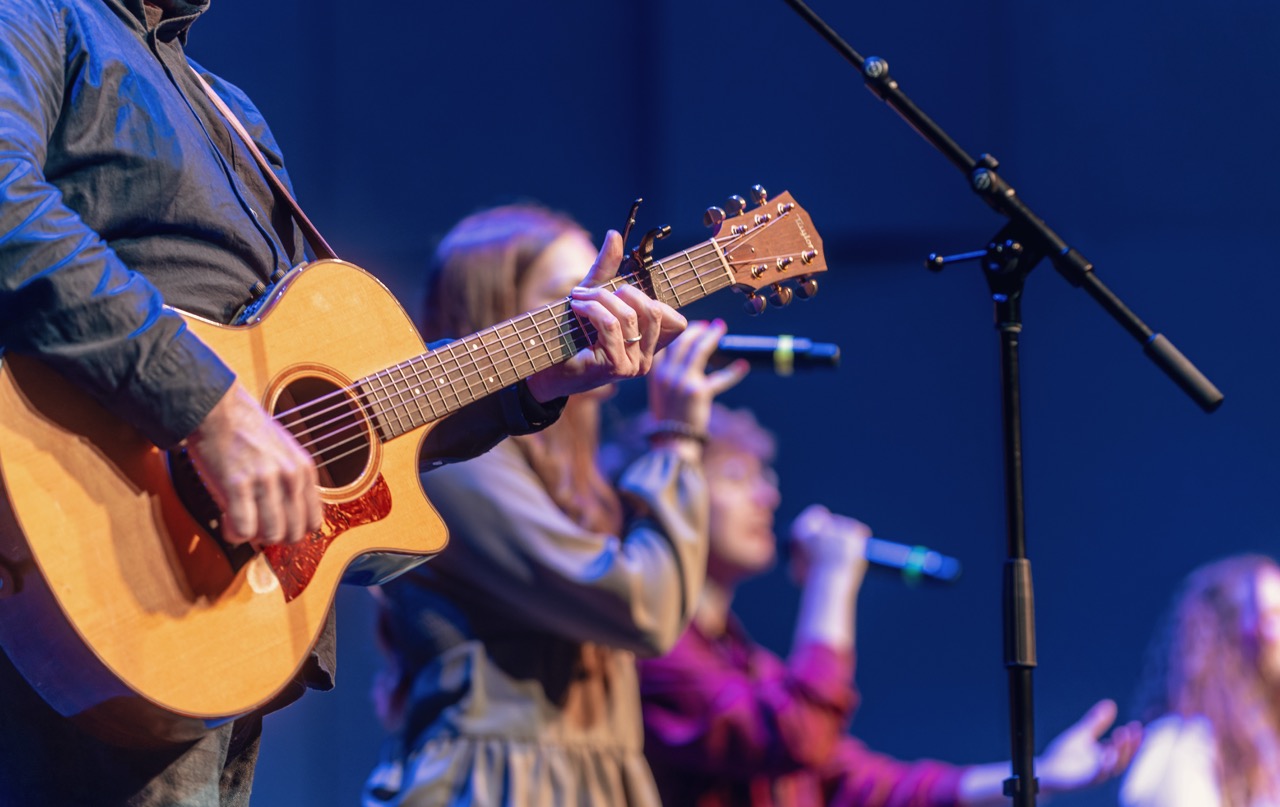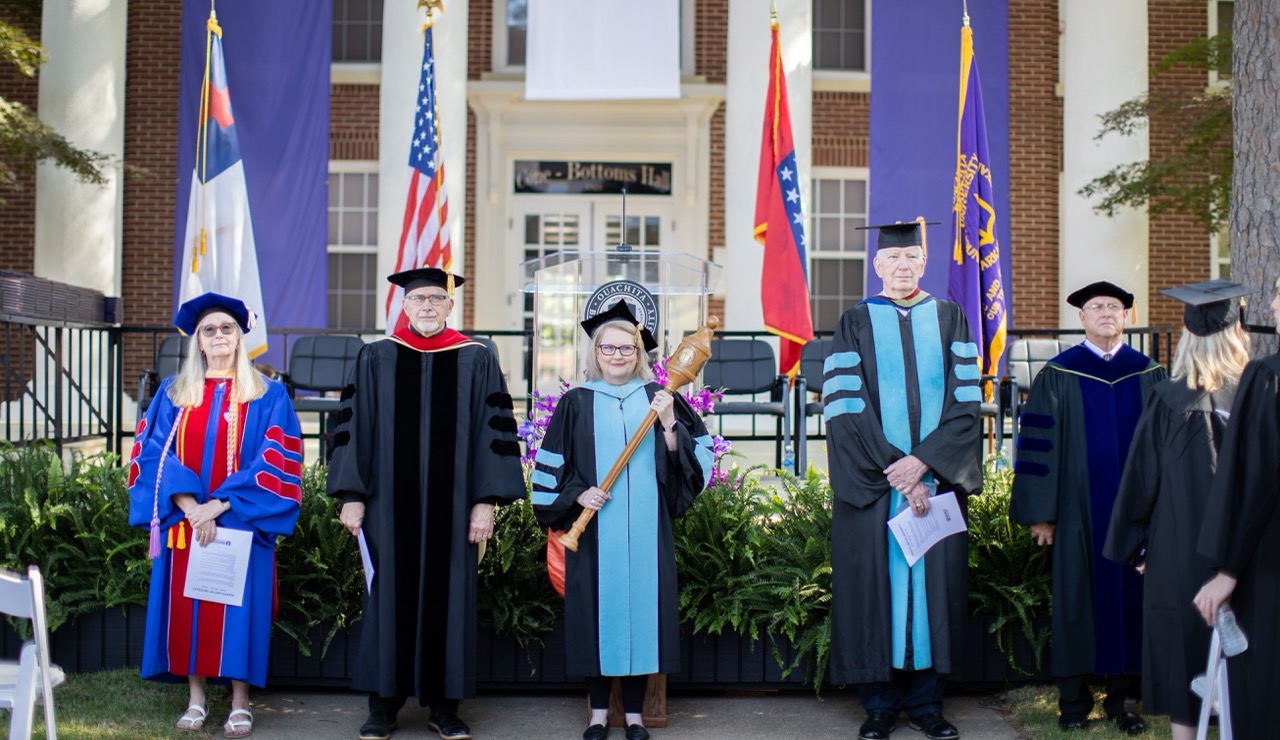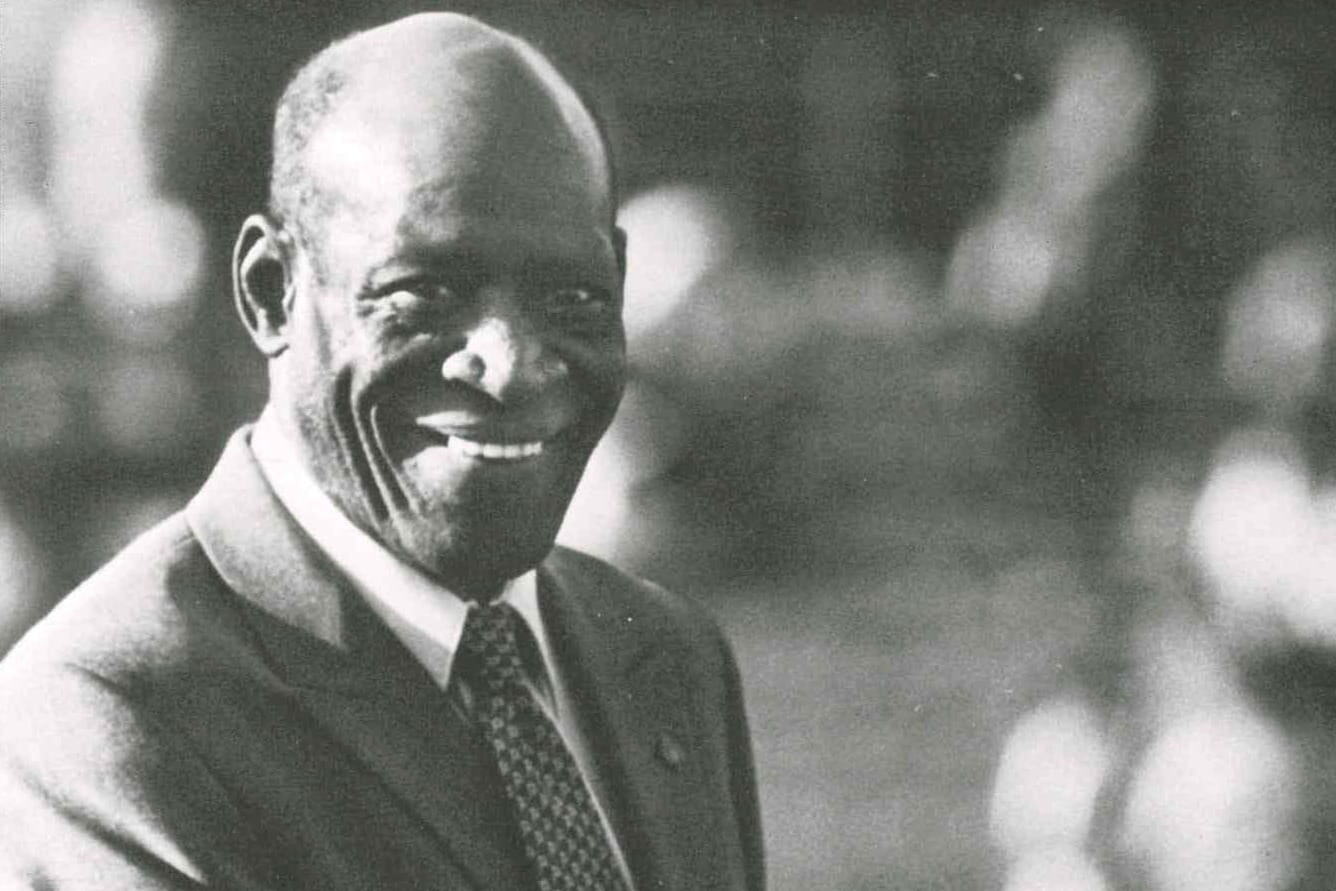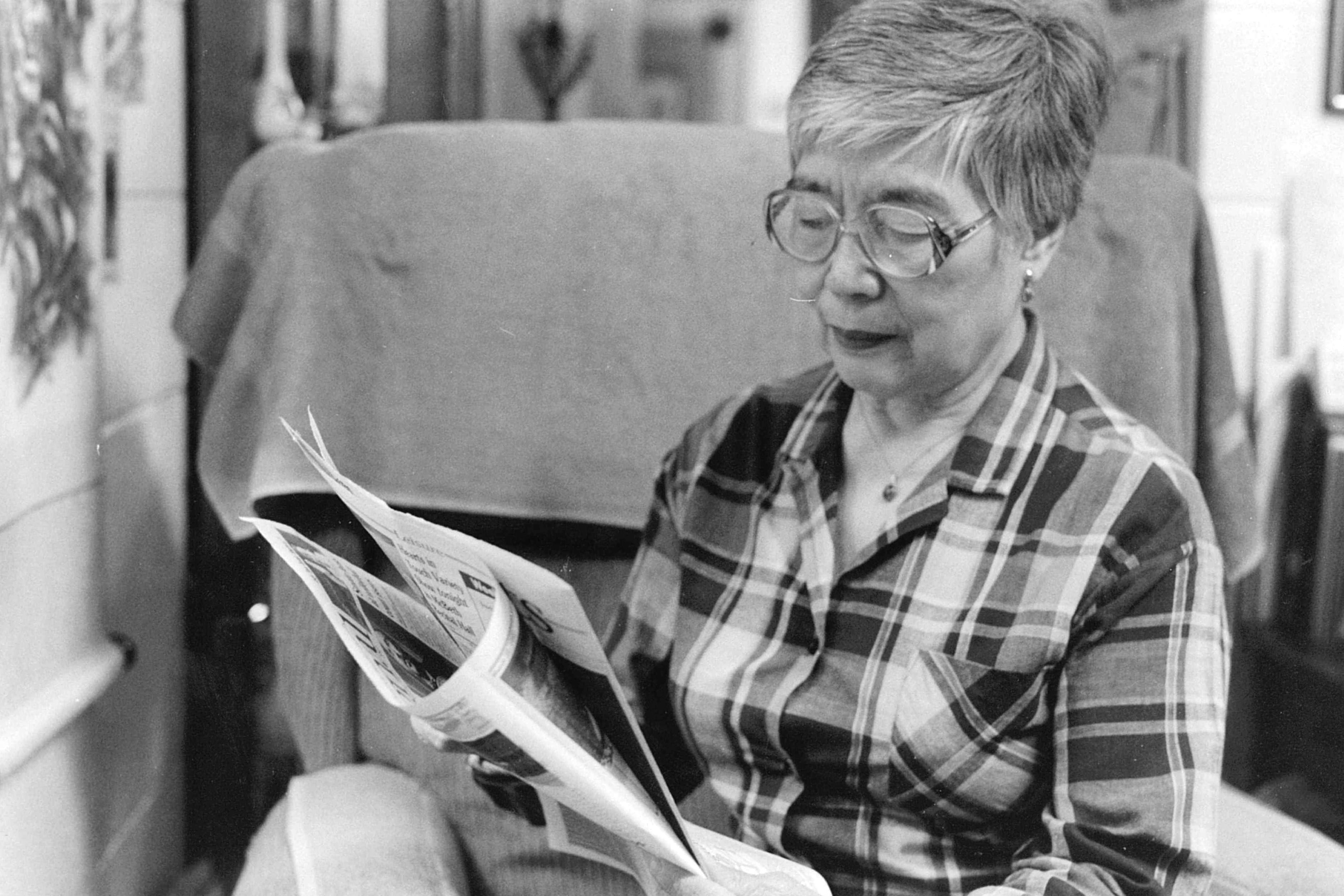Developing students into scientists
AR-Cure sets a new standard for science education
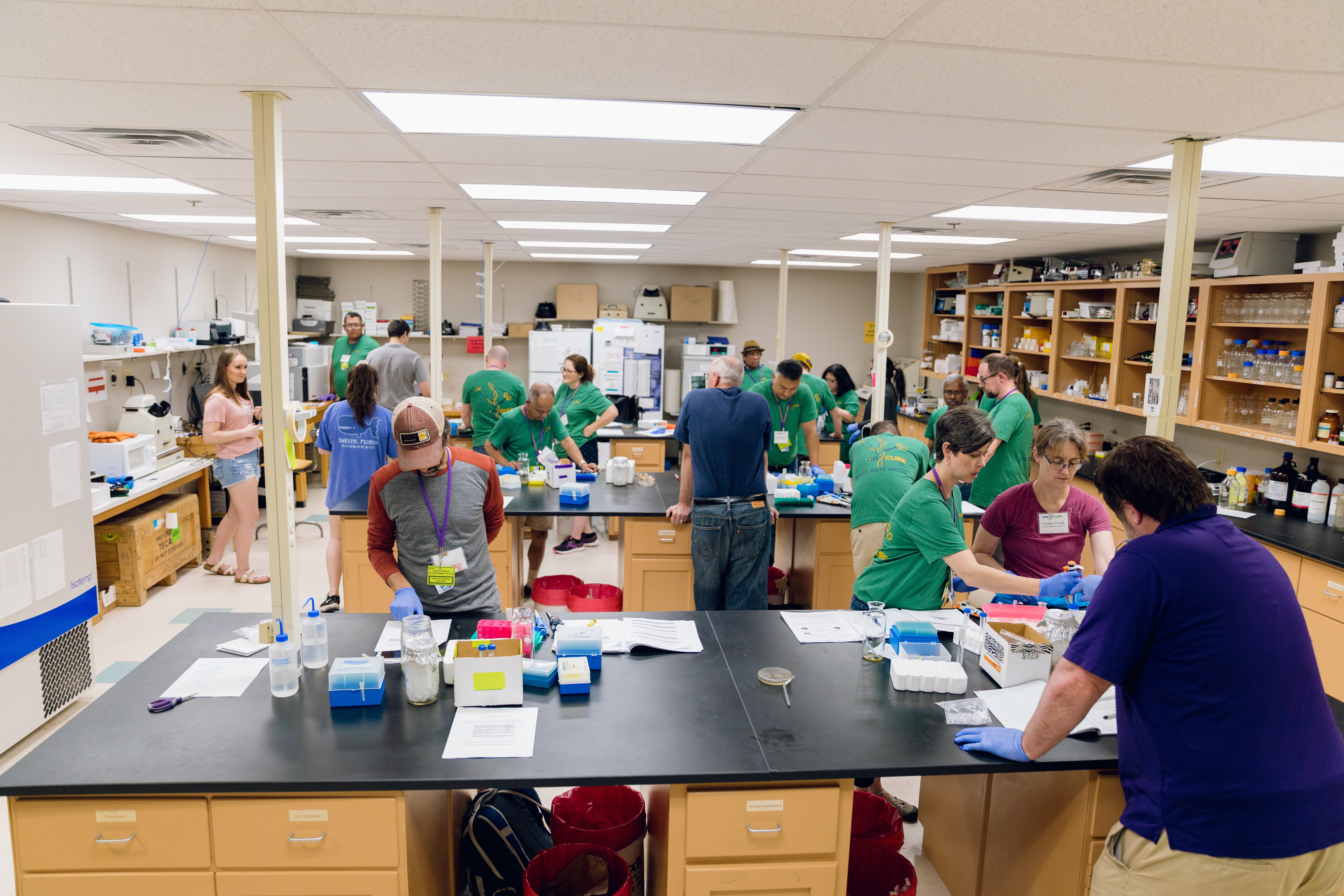 February 27, 2020
- Rachel Gaddis
February 27, 2020
- Rachel GaddisThe faculty in Ouachita’s Department of Biological Sciences are not only providing a valuable learning experience for students each day in Jones Science Center, they are setting a new standard for teaching science that is catching on across the nation.
Dr. Ruth Plymale and Dr. Nathan Reyna have developed a teaching strategy called Course-embedded Undergraduate Research Experience (CURE) that increases the amount of hands-on research that undergraduate students conduct throughout their degree program.
“Traditional science labs are a series of weekly, observation-type of lab experiences, often referred to as ‘Cookbook Labs,’” said Reyna, assistant professor of biology at Ouachita. “We want to create labs that are true semester-long research experiences.”
Having gained success with this strategy as his students build and analyze synthetic genes in his research-based Genetics Laboratory course, Reyna pursued a four-year grant from the Arkansas Economic Development Commission (AEDC) and the National Science Foundation (NSF) to formalize the dissemination of Ouachita’s CURE model to other institutions under the name Arkansas Course-Embedded Undergraduate Research Experience (AR-CURE). Since 2016, AR-CURE has received $160,000 in grants.
AR-CURE is aligned with a national movement in science to incorporate more research into the undergraduate classroom, and instructors from other universities are taking note. In June of 2019, Ouachita hosted its third AR-CURE Synthetic Biology Workshop to share its innovative course-based research project with institutions seeking to conduct semester-long undergraduate research. Thirty faculty members representing institutions in 17 states attended the workshop.
“The AR-CURE project gives faculty a model they can use to modify how they approach teaching science,” noted Reyna, who serves as co-director of AR-CURE along with Plymale, associate professor of biology at Ouachita and holder of the J.D. Patterson Chair of Biology.
The 2019 AR-CURE workshop, funded by NSF and the Arkansas Experimental Program to Stimulate Competitive Research (AR-EPSCoR), taught faculty participants the importance of course-based research and shared how to conduct Ouachita’s synthetic biology project at their institutions. It also encouraged collaborators who had previously attended the workshop to share the challenges and triumphs of developing the project at their institutions.
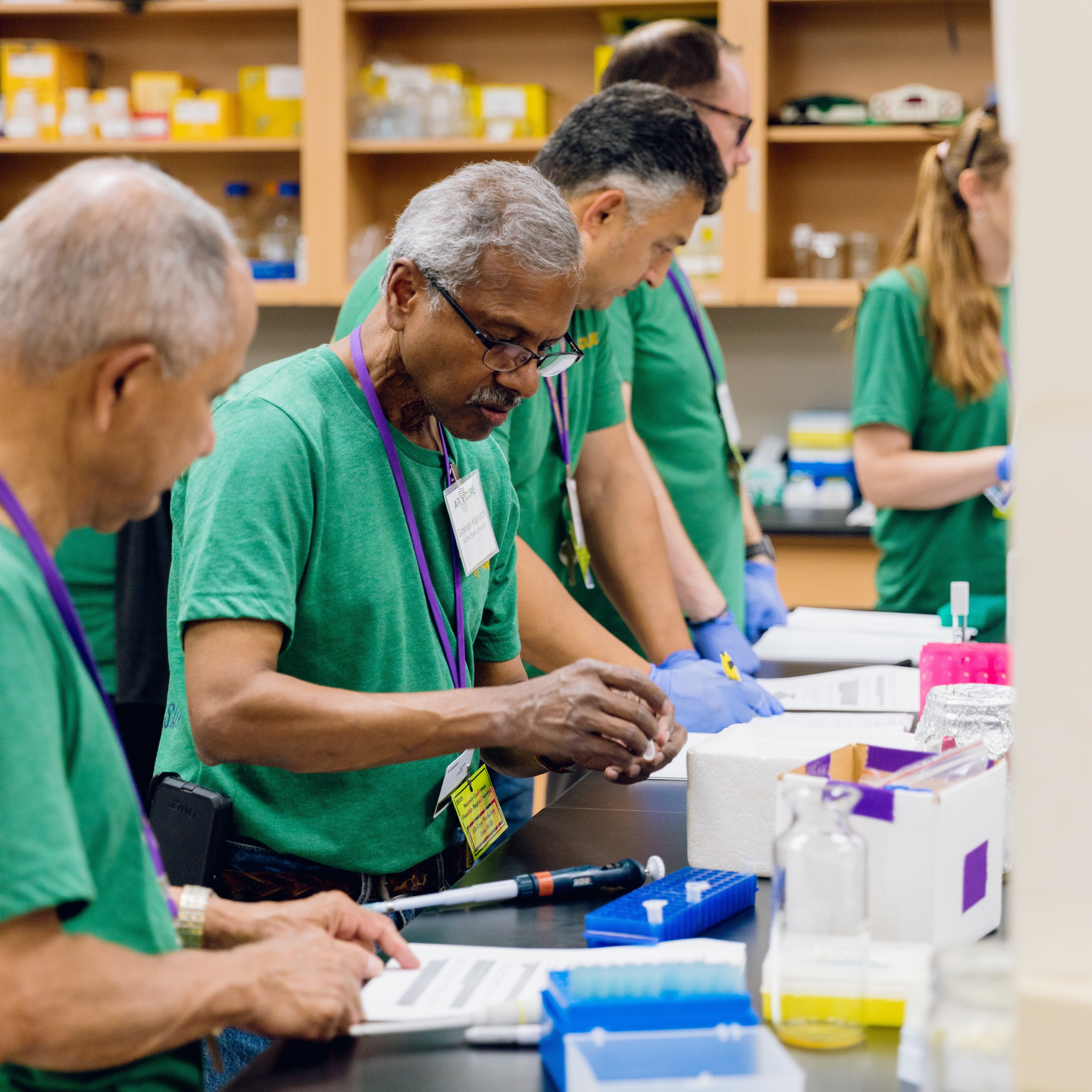
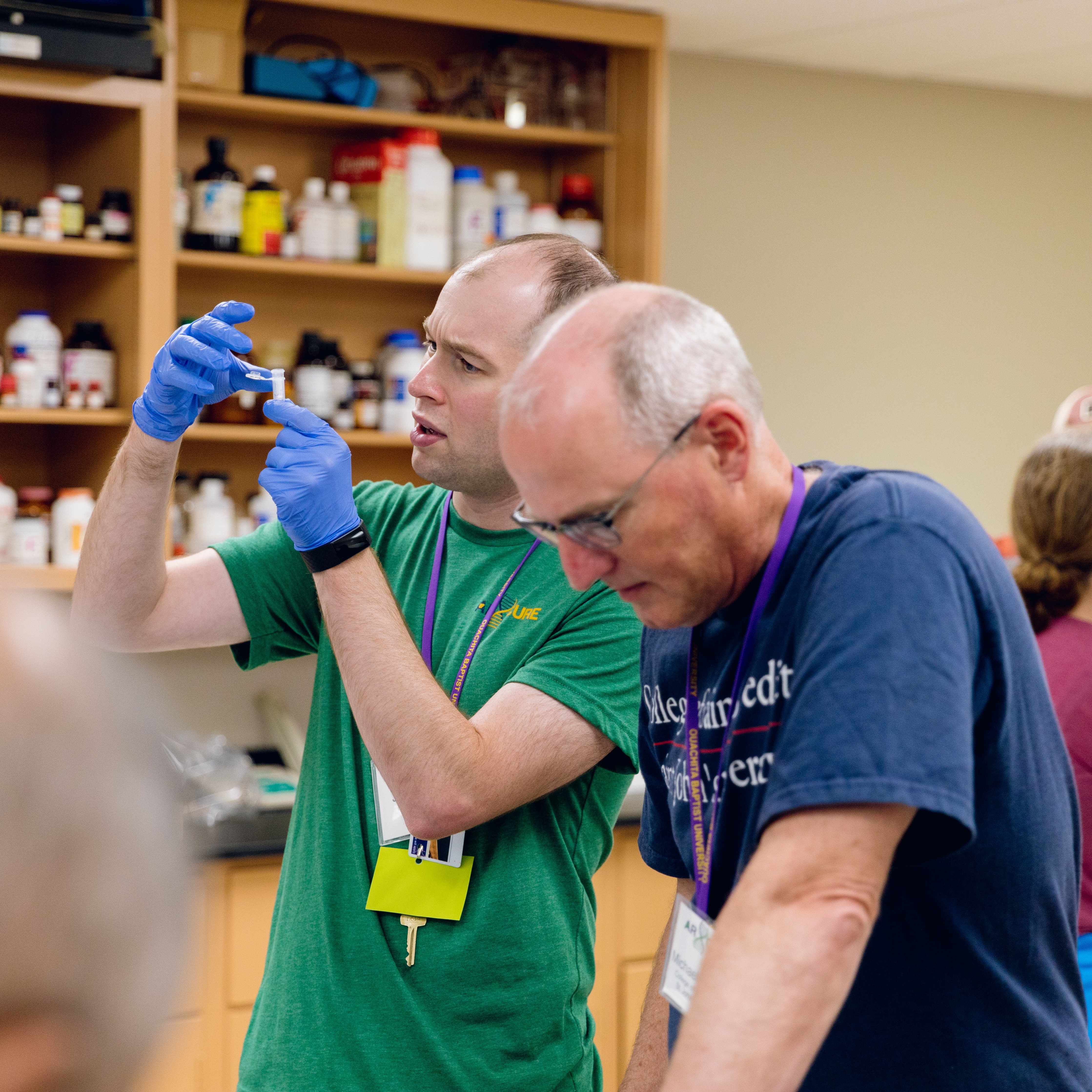
“This workshop is unique in that Dr. Reyna is ‘teaching the teachers,’” said Dr. Tim Knight, dean of the Patterson School of Natural Sciences and professor of biology. “His workshop is set up to help other faculty at other institutions do what we are doing in our Department of Biological Sciences.”
One of Ouachita’s primary goals with the workshop, Plymale said, “is to empower faculty from small or resource-limited schools to conduct authentic research with their students.”
“Faculty apply to attend and are selected on various criteria, including if they are from a community college or minority-serving institution,” she said.
According to Reyna, 11 institutions and almost 300 students participated in course-based research during the 2018-2019 academic year as a result of Ouachita’s 2018 AR-CURE workshop. Reyna said he expects about half of this year’s 30 workshop attendees to use Ouachita’s synthetic biology project as their class CURE project, while the other half will use the model to create their own CURE project.
Having transitioned all of her Ouachita classes to a CURE-based curriculum, Plymale provided insight during the workshop about how faculty might adapt their own courses and projects to utilize CURE techniques.
“Course-based research extends the high-impact research experience to every student enrolled in a course, giving each student the opportunity to confront and overcome failure through working to solve a unique problem,” Plymale explained. “In the biology department, we utilize course-based research at the freshman and junior and senior levels because we firmly believe that science is a necessarily repetitive process.
“Just like making one good cake does not mean that you are a baker, having one good independent research experience does not make the student a scientist,” she added. “The repeated research opportunities provided by course-based research are valuable in developing our students into scientists.”
Another highlight of Ouachita’s annual AR-CURE workshop is Ouachita students’ involvement. This year, Jake Edmondson, a 2019 biology graduate from Benton, Ark., and three Patterson Summer Research Program senior biology students – Taylor Garner, a senior from Hensley, Ark.; Tiffany Koba, a senior from Benton, Ark.; and Cammie York, a senior from Glenwood, Ark. – helped facilitate the wet lab portion of the workshop.
“The guest faculty work through the student laboratory experience of creating a synthetic gene, and the students are invaluable as lab facilitators because they have completed the lab and can provide genuine insights into laboratory successes, struggles and lessons,” Plymale said.
Additionally, Reyna and Plymale have worked to make their AR-CURE teaching opportunities available to Arkansas high schools. The week of June 11, 2019, Reyna and Plymale hosted 10 high school biology teachers on campus for a bioinformatics high school outreach project they are developing; bioinformatics is the use of computers to analyze biological data. In the spring of both 2018 and 2019, they also helped their biology students host a “Genome Hack-a-Thon” bioinformatics workshop for high school students.
“Our model is to train our students and then let them train others through our science education outreach projects,” Reyna said. “The Genome Hack-a-Thon is a perfect example of this. On the day of the actual event, the students in our Bioinformatics class led the entire day’s activities.”
Since AR-CURE’s inauguration, “we continue to seek opportunities to broaden student participation in authentic science,” Plymale said.
You Also Might Like
Recent
Ouachita reports Spring '26 enrollment, led by 50% increase in graduate students
February 11, 2026